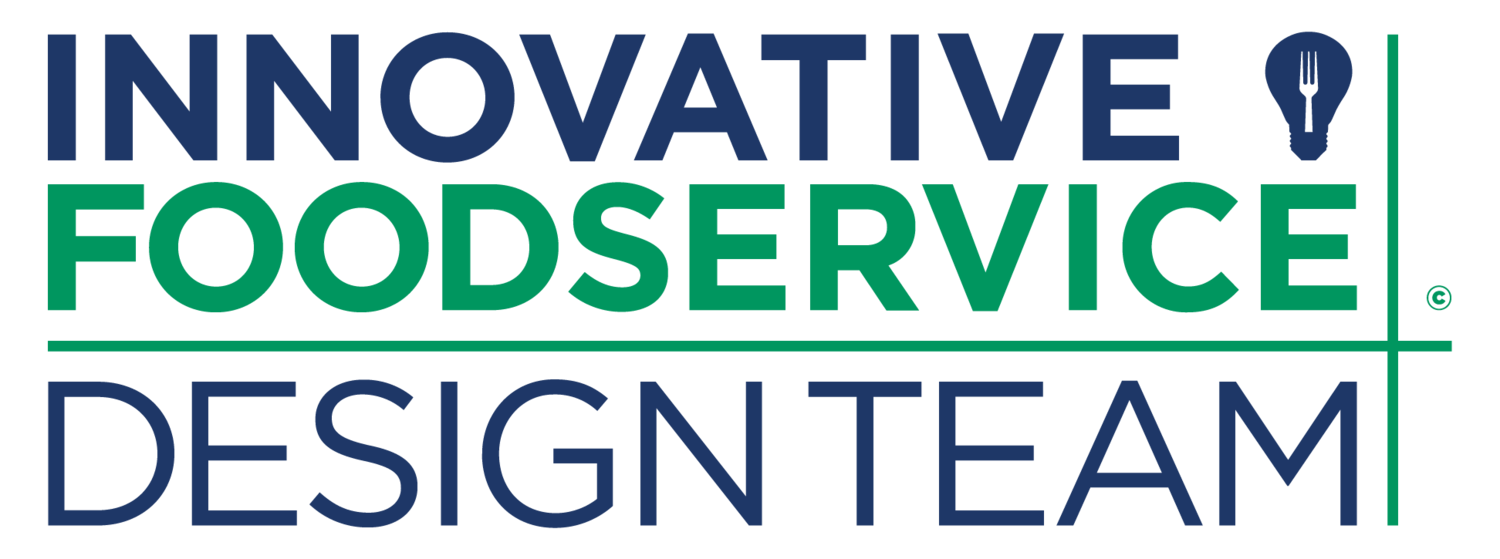Planning Your Kitchen Renovation: Avoiding Common Pitfalls
A kitchen renovation is an exciting opportunity to improve efficiency, safety, and overall functionality. But without careful planning, it can quickly become costly, disruptive, and stressful. By understanding common pitfalls ahead of time, you can ensure a smooth renovation process that meets both your operational and business goals.
1. Failing to Plan the Workflow
One of the biggest mistakes in kitchen renovations is neglecting workflow. Poorly planned layouts can create bottlenecks, increase cross-contamination risks, and reduce staff efficiency. Before starting any demolition, map out:
Prep, cooking, and plating areas
Traffic flow to minimize cross-paths
Placement of sinks, storage, and refrigeration
A thoughtful layout improves both food safety and productivity.
2. Ignoring Regulatory Requirements
Health codes and safety regulations are non-negotiable in commercial kitchens. Failing to account for them during renovation can result in costly redesigns or fines. Make sure to:
Consult local health department requirements
Include adequate handwashing and sanitation stations
Ensure proper ventilation, lighting, and fire suppression systems
Early compliance planning saves headaches down the road.
3. Underestimating Budget and Timeline
Renovations often go over budget or take longer than expected. Common causes include unexpected construction issues, equipment delays, or additional plumbing/electrical work. To avoid this:
Build a contingency fund of 10–20% of the budget
Create a realistic timeline with buffer days
Work with contractors and suppliers who understand commercial kitchens
Being prepared keeps your project on track financially and operationally.
4. Choosing the Wrong Equipment
Selecting equipment without considering your workflow, menu, or staff needs can hinder your kitchen rather than help it. Before buying:
Evaluate your current kitchen pain points
Consult staff who use the equipment daily
Prioritize items that improve safety, efficiency, and durability
The right equipment makes your renovation a long-term investment.
5. Neglecting Staff Training
Even the best renovation won’t improve operations if staff aren’t trained on new layouts or equipment. Early training ensures everyone understands:
Proper use of new equipment
Updated workflow and sanitation protocols
Safety procedures to prevent accidents
Investing in training maximizes the benefits of your renovation.
A successful kitchen renovation balances design, compliance, efficiency, and staff needs. By planning carefully and avoiding these common pitfalls, you can create a safer, more productive, and profitable kitchen space.
Renovating your kitchen doesn’t have to be overwhelming. With the right strategy, equipment, and team, you can transform your space into a modern, efficient, and compliant environment that supports your business for years to come.
